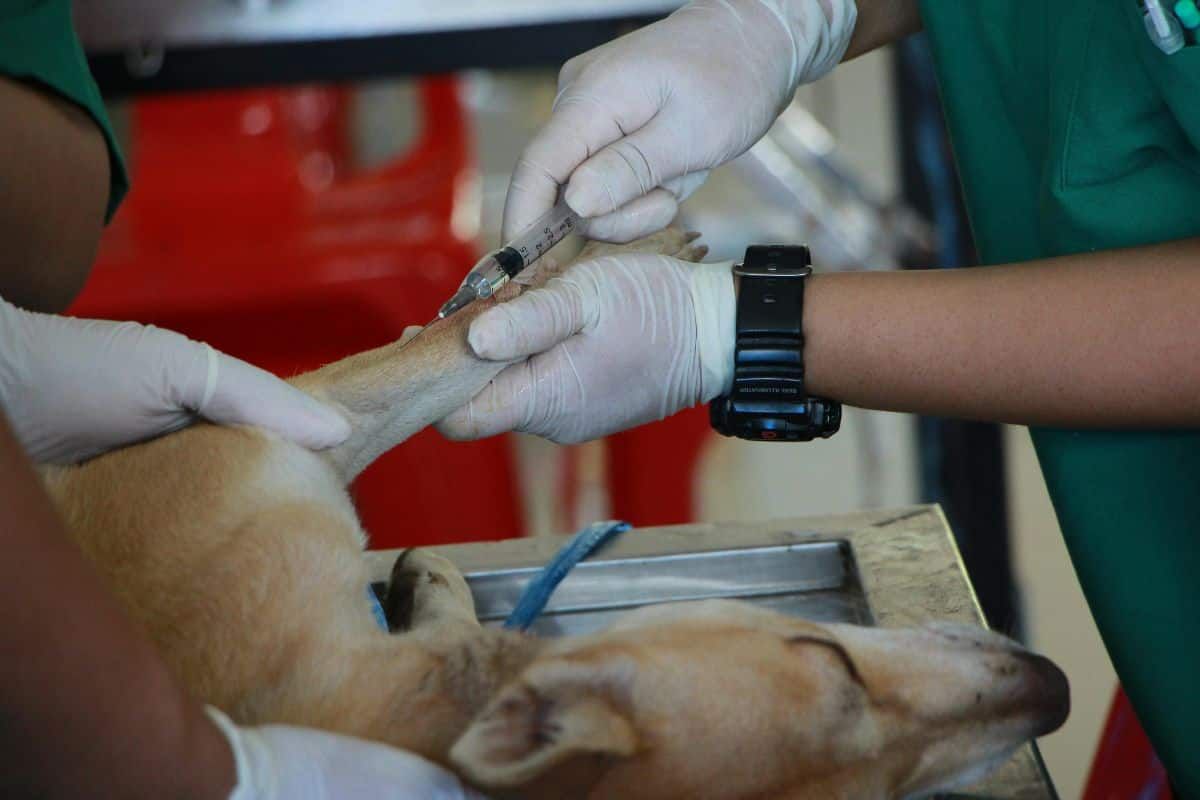Research suggests that workplace sleep deprivation in South Africa is no longer just a personal health concern. it’s a rising occupational issue with serious economic consequences. Recent estimates indicate that nearly 50% of employees may be battling fatigue due to poor sleep.
Dr Alison Bentley, a leading sleep expert and Restonic SA consultant, warns that this growing trend of workplace sleep deprivation in South Africa is quietly undermining productivity across various sectors. Sleep is foundational to cognitive performance, memory, decision-making, and even emotional regulation,” she explains. When workers are consistently sleep-deprived, it affects the entire organisation.”
The hidden costs of sleep deprivation in the workplace
Workplace fatigue doesn’t just result in yawns and slower mornings. It can lead to costly errors, presenteeism, poor judgment, and safety hazards. Dr Bentley references global modelling data, which estimates that sleep deprivation may cost South Africa over R40 billion annually. While this data is not specific to South Africa alone, it paints a startling picture of the economic toll sleep-related issues may have.
Industries like healthcare, transport, and manufacturing are particularly at risk, where sleep-related lapses could cause not only productivity loss but also life-threatening errors. Chronic sleep deprivation has also been linked to increased sick leave, burnout, and high staff turnover, all of which further drain company resources.
Sleep health in South African work culture
Unfortunately, many local workplaces still dismiss poor sleep as a personal problem. However, fatigue-related underperformance is often systemic and fuelled by stress, long hours, screen overuse, and a lack of work-life boundaries. Restonic SA believes it’s time for employers to acknowledge sleep as a key pillar of occupational health.
Monique van der Walt, head of marketing at Restonic SA, says, “Employers are starting to understand that healthy, well-rested employees are more productive and engaged.”
What can employers do and why this matters now
Workplace sleep deprivation in South Africa is often overlooked, despite evidence suggesting it affects a significant portion of the working population. To better understand the scale of the problem, some companies have begun using sleep screenings to identify common disorders such as insomnia, restless leg syndrome, and sleep apnoea, an issue estimated to affect up to 41% of South African adults aged 39 to 69, according to global modelling. While not a substitute for medical care, these initiatives aim to raise awareness and encourage early intervention. As sleep expert Van der Walt notes, “It’s not about taking on the role of a doctor. It’s about starting conversations and offering support where it matters.”
Do you think your company should offer sleep screening?
Let us know by leaving a comment below or send a WhatsApp to 060 011 0211.
Subscribe to The South African website’s newsletters and follow us on WhatsApp, Facebook, X and Bluesky for the latest news.










